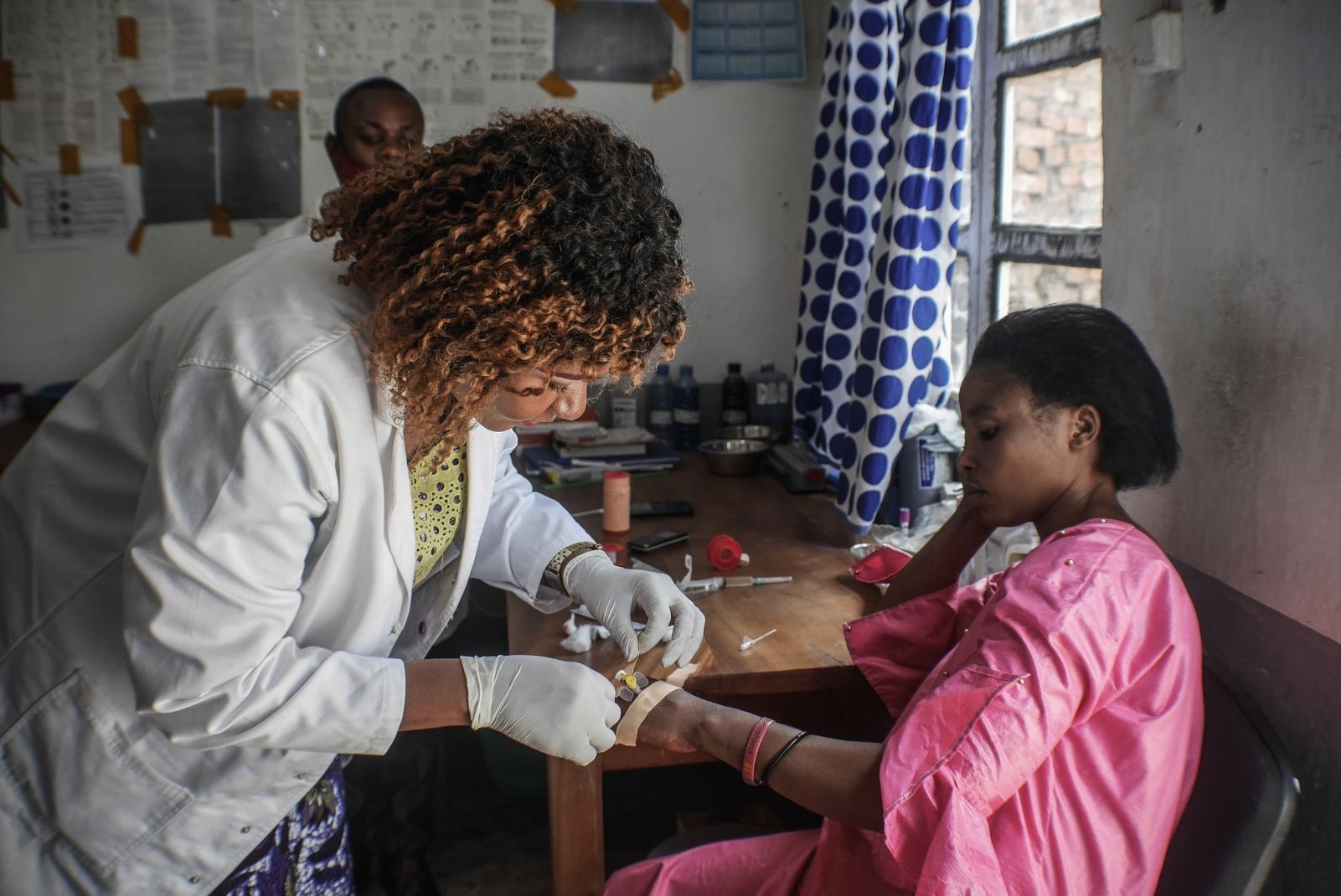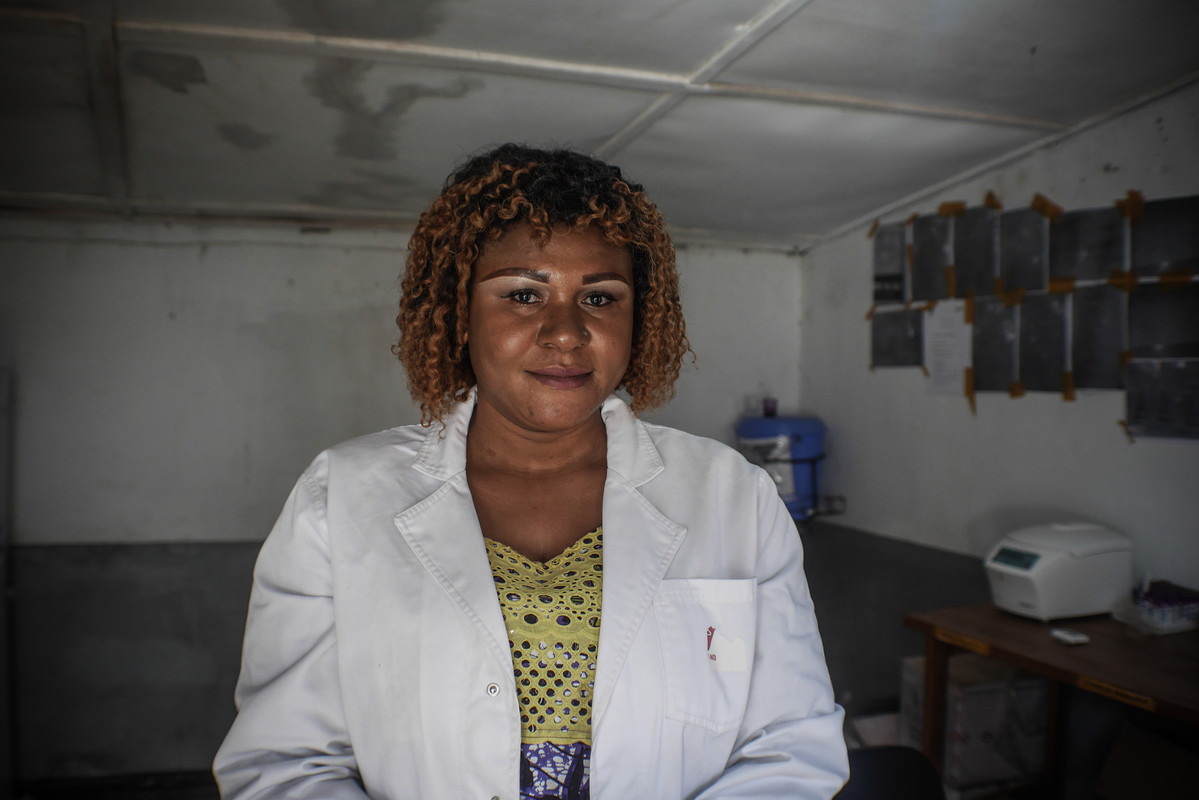
Dr Nyamalibu is a local health worker in the Democratic Republic of Congo (DRC)
Articles by Dr Gisele Nyamalibu

A feminist approach to sexual and reproductive health in DRC
Dr Gisele Nyamalibu is a local health worker in the Democratic Republic of Congo (DRC), currently leading the humanitarian response in Bukavu following the volcanic eruption in Goma. Driven by her passion to provide crucial sexual and reproductive healthcare (SRH), she spends her time servicing the refugee community. We spoke to her about why representation and localization are vital in SRH service delivery. A dedicated advocate of sexual and reproductive health and rights (SRHR), Dr Nyamalibu has observed the many complexities in SRHR service delivery for refugee women. In 2015, while working as a health supervisor in a Burundi refugee camp in Kavimvira, she witnessed flaws in the implementation of aid where SRHR needs were “not taken into account.” “Sometimes sexual and reproductive services are not a priority according to the actors who intervene in this sector, and for me, I found that it’s an aspect that is being neglected. Perhaps it’s not seen as a priority, and yet it really is.” A unique insight into the needs of the vulnerable Years of experience working with refugee women and children in camps has given Dr Nyamalibu insight into the reproductive healthcare needs of vulnerable displaced women. “There were cases of young girls who were raped in the refugee camps, and others who became pregnant in the camps. There were women who did not know how to control their fertility and who did not know how to plan their birth and became pregnant in the camps. A woman comes as a refugee, in a difficult situation with children, and gets pregnant in the camp because there was no family planning service.” The DRC-born medical doctor was drawn to SRHR to bridge the gap in service delivery. “There was no service to deal with cases of rape and sexual abuse that occurred among refugees, and from that I said to myself: no, this is a sector that many actors ignore but which is really important.”









